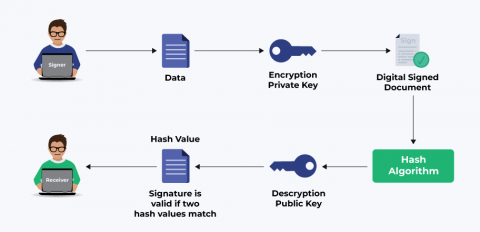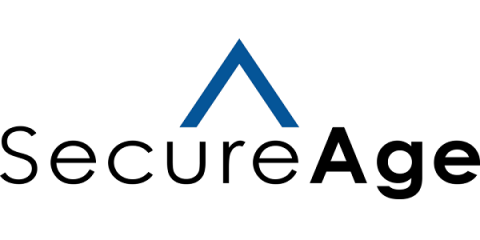Improve your AWS security posture, Step 3: Encrypt AWS data in transit and at rest
In the first two blogs in this series, we discussed properly setting up IAM and avoiding direct internet access to AWS resources. In this blog, we’ll tackle encrypting AWS in transit and at rest.









